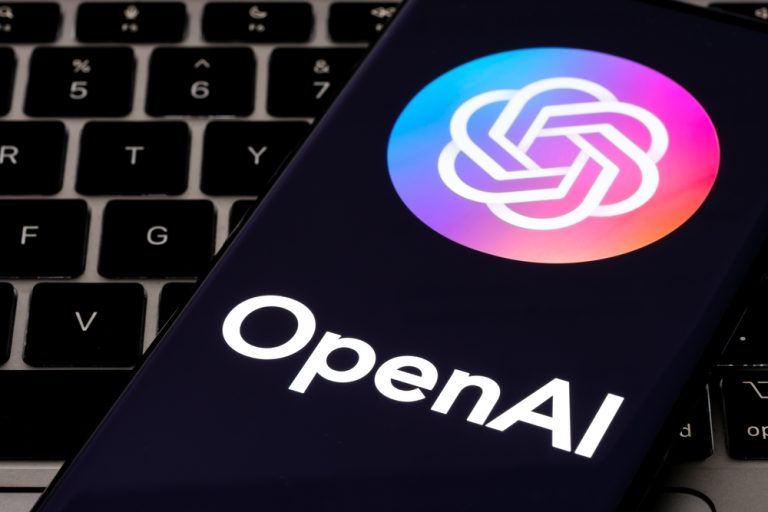In a landmark announcement that may herald a significant shift in the gaming industry’s future, Microsoft’s Phil Spencer revealed that four of the company’s Xbox video games will be made available on alternative platforms for the first time. This strategic pivot, intriguingly devoid of specific titles, hints at a broader trend of inclusivity and platform-agnostic content. Spencer’s revelation that these titles are “community-driven” and not among the latest releases like Starfield or Indiana Jones adds layers to the anticipation and speculation.
The decision underscores a departure from Microsoft’s long-standing exclusivity policy, favouring the Xbox platform and Games Pass subscription service. This move prompts us to question the underlying motivations and their implications for the gaming landscape. As we delve into this evolution, it becomes evident that the generational shift in gamers’ attitudes, exemplified by the diverse gaming habits of a 12-year-old Minecraft enthusiast, is challenging traditional notions of brand loyalty and platform preference.
Spencer’s assertion that exclusive games tethered to a single hardware platform will diminish significantly over the next decade is a telling forecast of the industry’s trajectory. Similarly, Sony’s interim gaming president Hiroki Totoki’s openness to diversifying PlayStation games across platforms reflects a parallel recognition of the changing tide. This strategic realignment, juxtaposed with Nintendo’s more conservative approach, suggests a competitive recalibration focused on accessibility and inclusivity.
The rationale for this shift is multifaceted, driven by the pragmatic acknowledgment of the ubiquitous nature of high-performance computing devices and the expansive potential of an untapped audience beyond conventional console owners. The traditional model of hardware exclusivity appears increasingly anachronistic in a landscape where digital accessibility can significantly amplify a title’s reach and profitability.
Analysts like Piers Harding-Rolls from Ampere highlight the economic underpinnings of Microsoft’s strategy, suggesting a response to competitive pressures and a bid to maximize the revenue potential of its gaming content. Despite speculation about Microsoft’s long-term commitment to console hardware, anticipating innovative hardware developments suggests a continued investment in the gaming ecosystem.
The Games Pass subscription service emerges as a central pillar in Microsoft’s strategy, aiming to democratize access to a vast library of games. The service’s growth, while promising, underscores the challenges and opportunities that lie ahead in achieving broader market penetration.
Microsoft’s announcement is not merely a tactical adjustment but a reflection of broader industry dynamics and consumer preferences. As the lines between platforms blur and accessibility becomes paramount, the gaming giants are compelled to reassess their strategies in a rapidly evolving digital landscape. The journey ahead promises to redefine our understanding of gaming exclusivity, opening new vistas for players and developers alike.























